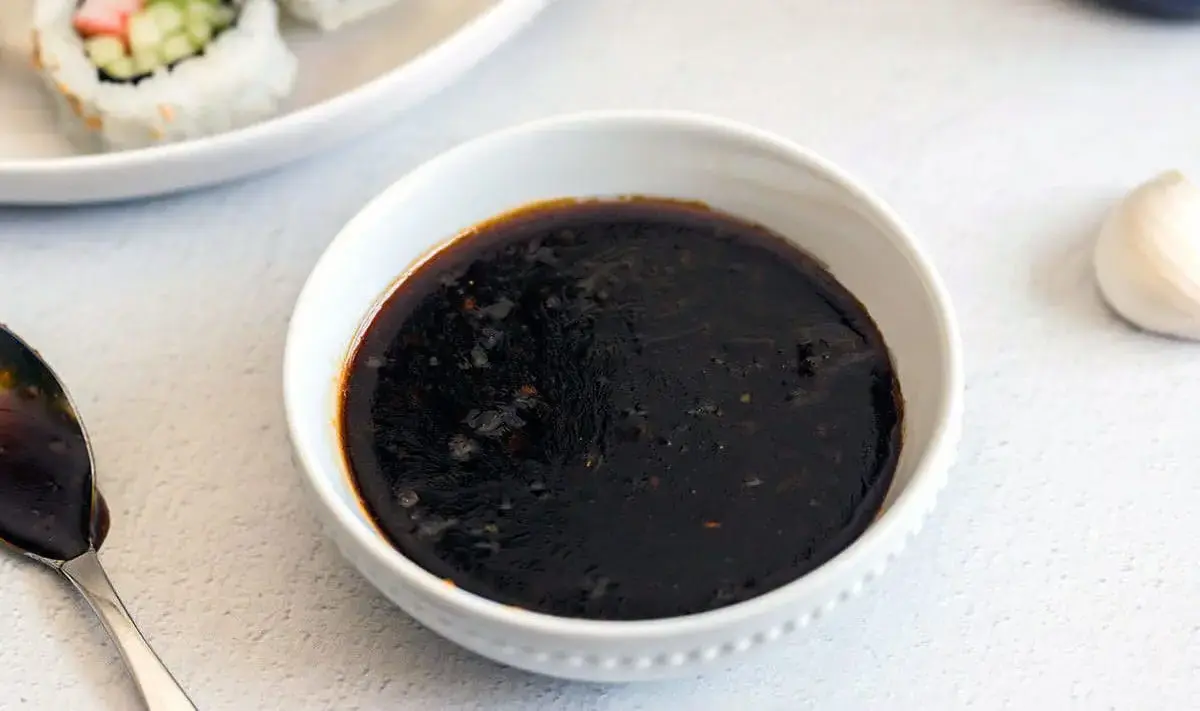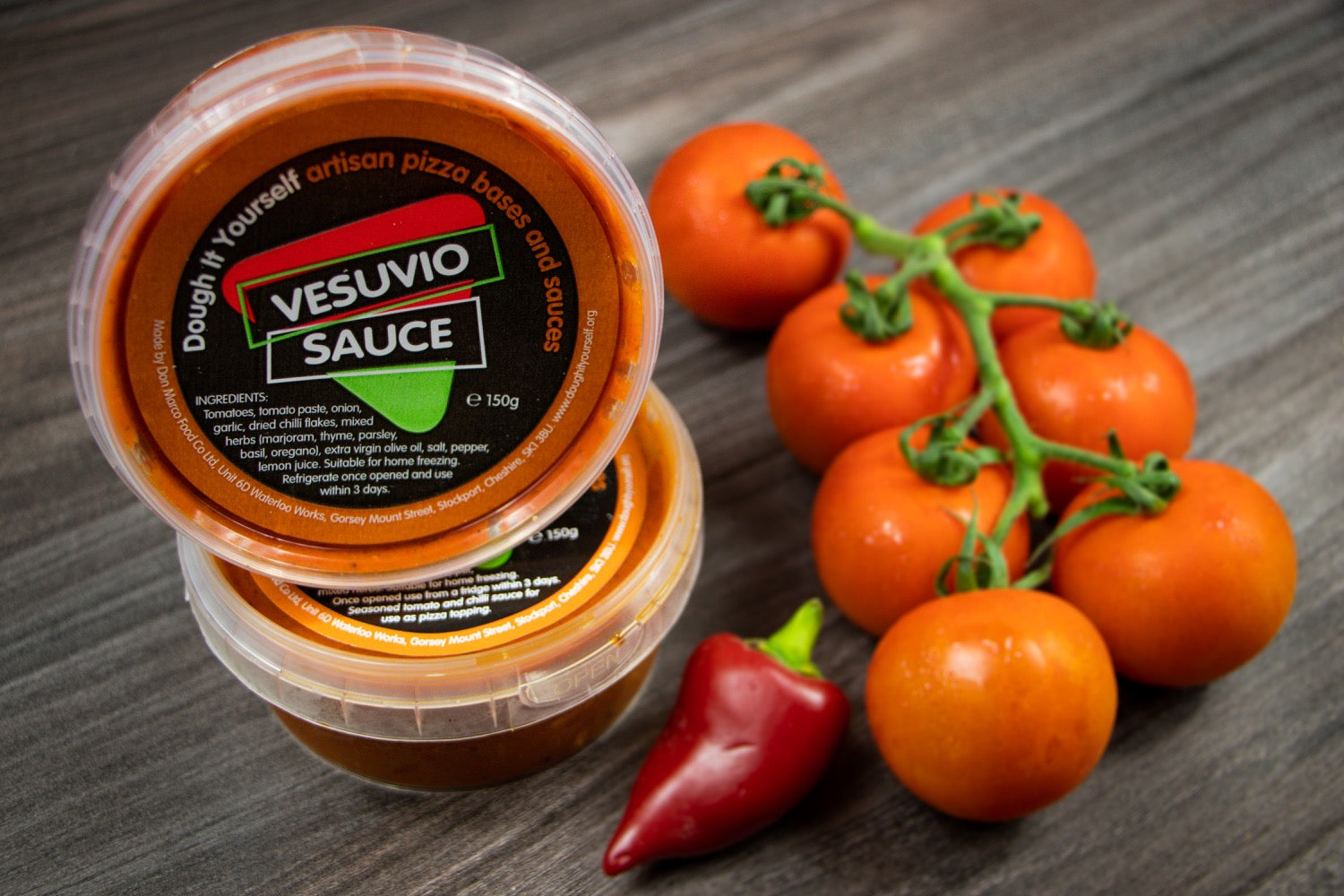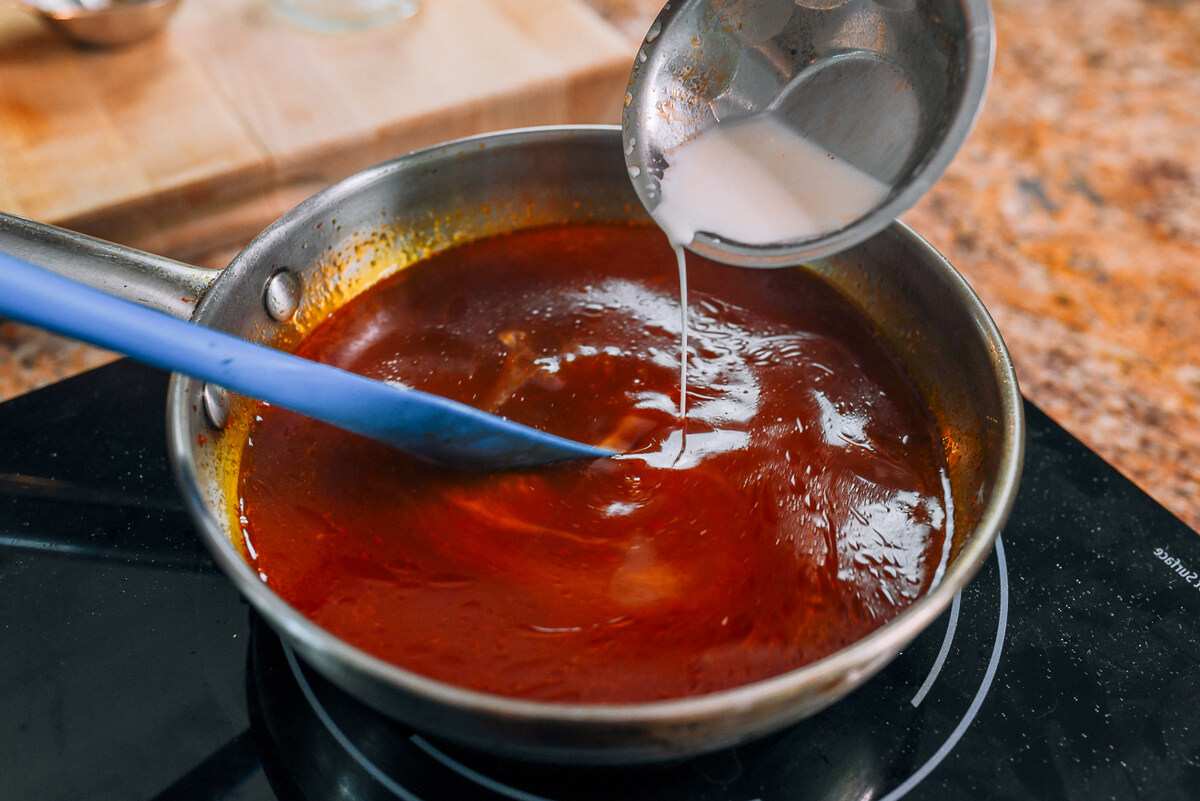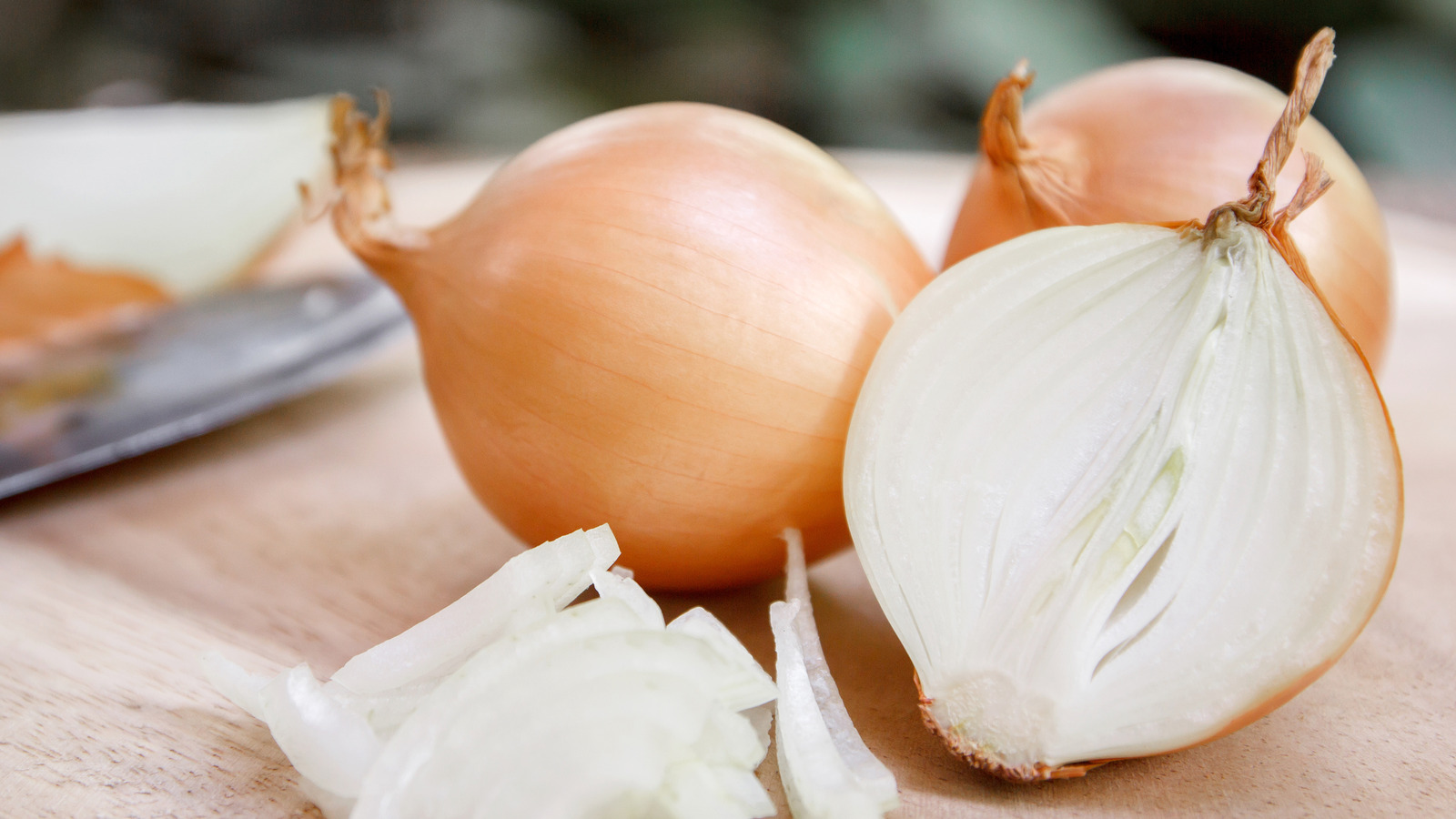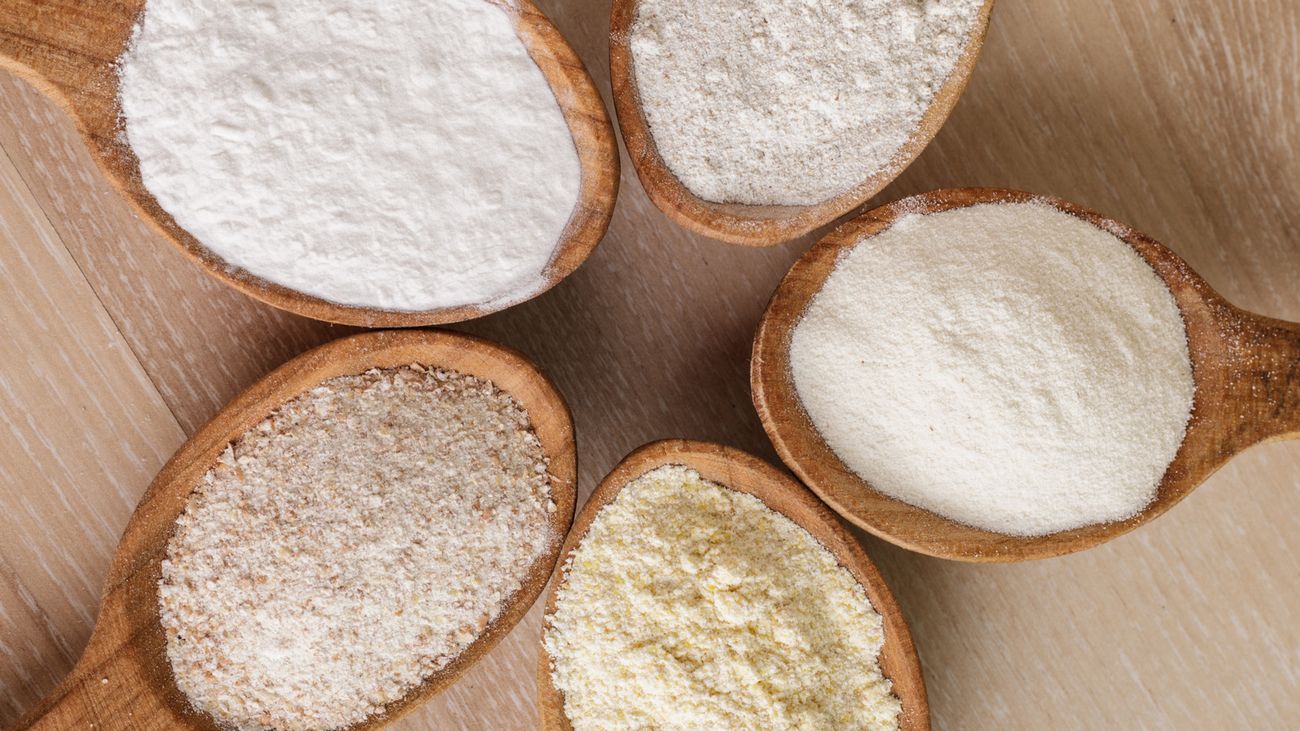When it comes to making a delicious and flavorful soup, the soup base plays a crucial role. Whether you're a seasoned chef or a beginner in the kitchen, understanding what a soup base is and how to use it can elevate your soup game to a whole new level. In this article, we'll explore the ins and outs of soup bases, including what they are, how they're used, and the different types available.
What Is a Soup Base?
A soup base is a concentrated flavoring agent that forms the foundation of a soup or broth. It typically comes in the form of a paste, powder, or liquid and is used to enhance the taste of the soup. Soup bases are often made by simmering vegetables, meats, and seasonings to extract their flavors, which are then condensed into a concentrated form.
How Is It Used?
Using a soup base is a simple yet effective way to add depth and richness to your soups. Here's how you can use it:
-
Flavor Enhancement: A soup base can be added to water or stock to create a flavorful broth for your soup. Simply dissolve the base in hot water or stock before adding it to your soup pot.
-
Seasoning Agent: In addition to providing flavor, a soup base can also act as a seasoning agent, adding salt, herbs, and spices to your soup.
-
Versatility: Soup bases can be used in a variety of soups, including chicken, beef, vegetable, and seafood-based soups, making them a versatile ingredient to have in your kitchen.
Types of Soup Bases
There are several types of soup bases available, each offering its own unique flavor profile. Some common types include:
- Vegetable Base: Made from a blend of vegetables, this base adds a savory and earthy flavor to soups.
- Chicken Base: Derived from chicken meat and bones, this base imparts a rich and savory taste to chicken-based soups.
- Beef Base: Crafted from beef bones and meat, this base adds a hearty and robust flavor to beef-based soups.
- Seafood Base: Created from a mix of seafood ingredients, this base lends a briny and oceanic taste to seafood soups.
Benefits of Using Soup Bases
Using a soup base offers several benefits, including:
- Convenience: Soup bases provide a quick and convenient way to add flavor to soups without the need to simmer ingredients for an extended period.
- Consistency: Using a base ensures that the flavor of your soups remains consistent, batch after batch.
- Customization: You can adjust the intensity of the flavor by adding more or less of the base, allowing you to customize the taste to your preference.
In conclusion, a soup base is a fundamental component in creating delicious and flavorful soups. Whether you're looking to add depth to a simple broth or enhance the taste of a complex soup, using a base can take your culinary creations to new heights. Experiment with different types of bases to discover the flavors that best suit your palate, and elevate your soup game with the magic of soup bases.


